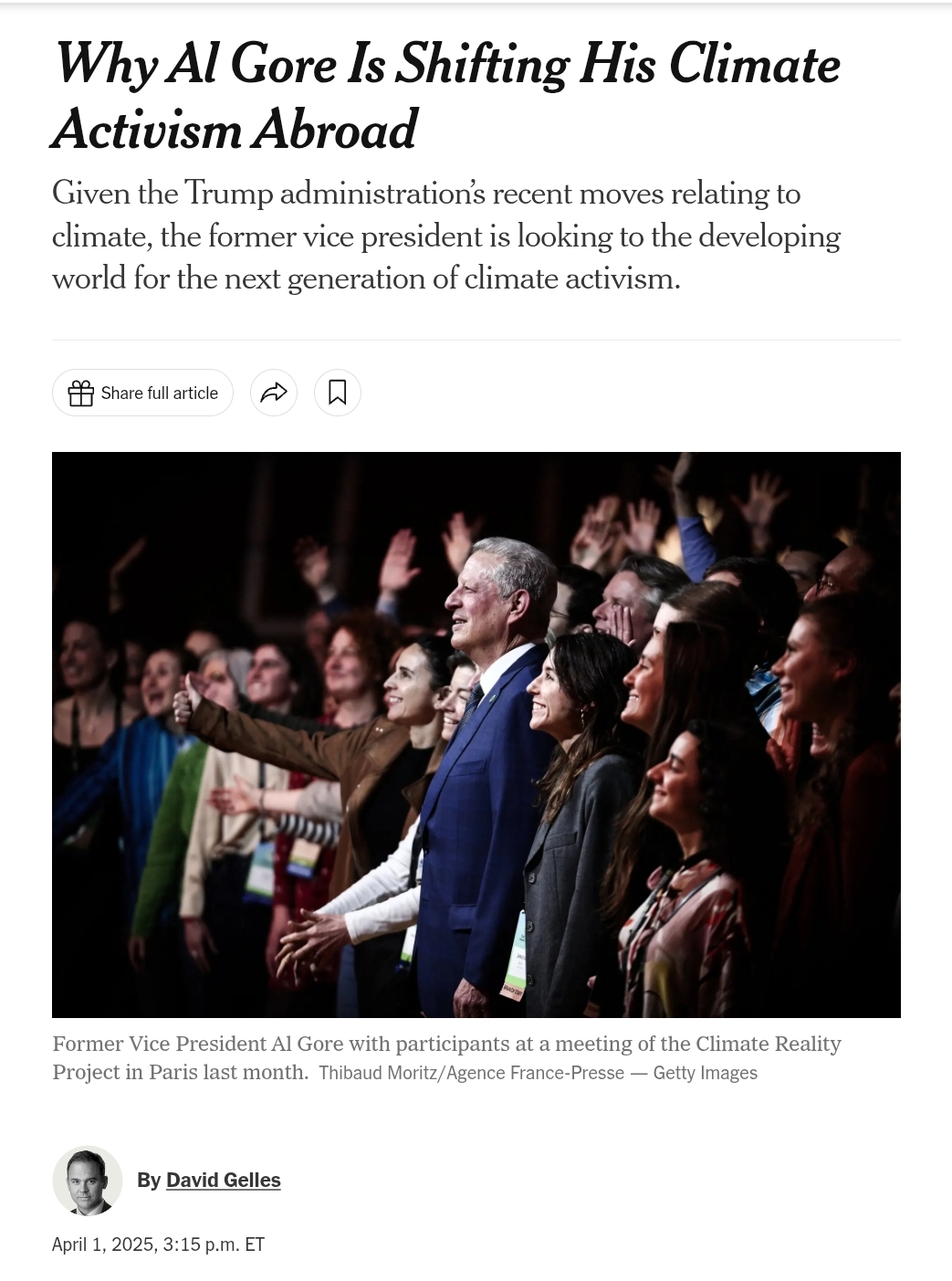
Via: https://newrepublic.com/article/147799/undoing-american-climate-diplomacy
Excerpts: Mike Pompeo is now Donald Trump’s pick to replace Rex Tillerson as secretary of state, and if confirmed by the Senate, he’d be the first top American diplomat to publicly reject the realities of climate science.
Tillerson—who, despite working for ExxonMobil for four decades, has repeatedly said that climate change is real and harmful—allowed career employees at State to continue their work on climate issues. “I didn’t see any evidence of interference from the secretary’s office to the positions taken by the negotiators,” said Andrew Light, a former State Department climate adviser. Last November, officials from the Office of Global Change—a State Department division created under President Ronald Reagan in 1988 to oversee the country’s international environmental policy—were allowed to attend a series of negotiating sessions over the Paris agreement in Bonn, Germany, where they worked on finalizing policies to ensure transparency and accountability from countries that have promised to reduce carbon emissions.
…
Pompeo’s tenure suggests that a change in American negotiating posture could be forthcoming. It seems unlikely that any secretary of state under Donald Trump was going to advocate for a strong climate agenda, but at least Tillerson could be expected to find common ground with other countries, according to James Connaughton, a former environment adviser to President George W. Bush.
…
Trump has said he wants to withdraw from the Paris agreement and renegotiate its terms. But the administration has now lost almost everyone capable of that work: A top international environmental policy adviser, George David Banks, resigned in February. Gary Cohn, Trump’s chief economic adviser, who negotiated directly with climate ministers from other countries, resigned in March. “Those are big losses that will take you a while to come back from,” said Connaughton.
…
The erosion of American engagement in climate diplomacy has already allowed China to become the de facto world leader on global environmental policy. China has become more assertive about climate leadership, with President Xi Jinping pledging last year to make the country the “torch-bearer in the global endeavor for ecological civilization.” European powers, too, have begun turning to China, not the United States, for partnerships on climate issues. And with Pompeo in charge, America’s standing could erode still further. “Even if we’re still continuing to send capable negotiators to climate conferences, the real loss is our political influence, which is being scooped up by the Chinese left and right,” Light said. “Are the Chinese doing it because they’re planetary good guys? No—they see this appropriately as an issue of international influence and leverage.”
…
It is possible that Pompeo, when confronted with the gravity of representing his country abroad, will realize the importance of preserving America’s credibility on this issue and stop the United States from formally withdrawing from Paris. But it’s hard to see an isolationist and climate-denying United States retaining its traditional leadership role. And if that happens, the still-fragile agreements and international coalitions created in Paris to stop climate change will be at risk.
…
Emily Atkin is a staff writer at The New Republic.



